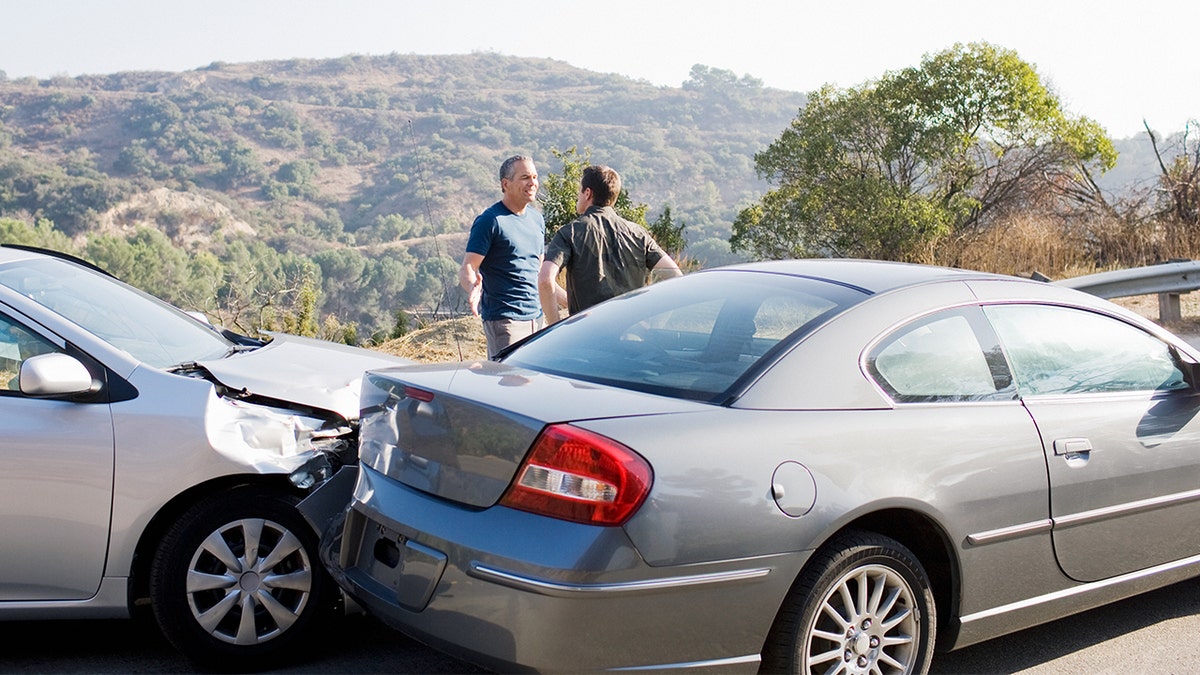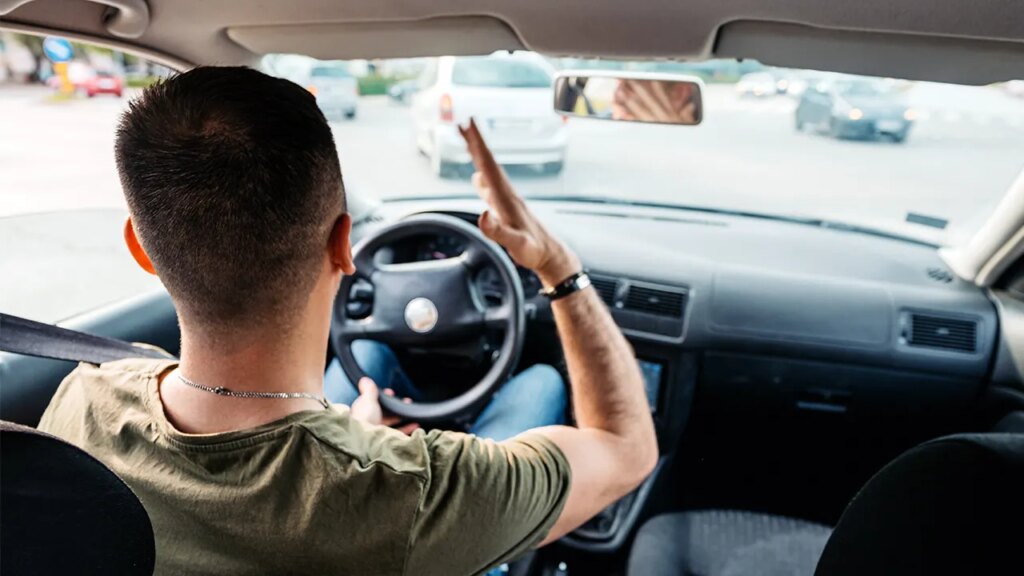NEWYou can now listen to Fox News articles!
If you struggle with road rage, you’re not just in good company. You’re in the overwhelming majority.
A recent study from the American Automobile Association (AAA) Foundation for Traffic Safety found that 96% of drivers admitted to engaging in “aggressive driving behaviors” over the past year.
The behavior isn’t only dangerous. It’s also contagious, AAA said in a Sept. 23 news release.
LAS VEGAS BECOMING ‘PLAYGROUND FOR THE AFFLUENT’ AS ‘EVERYDAY TRAVELER’ LEFT BEHIND
“The study found that the more drivers are exposed to aggressive behavior on the road, the more likely they are to drive aggressively themselves,” AAA’s statement said.
“This self-fulfilling cycle of aggressive driving and road rage is fueling a culture where impatience and hostility are becoming the norm behind the wheel.”
Specifically, 92% of drivers said they’d recently engaged in aggressive behaviors that endangered others, such as speeding or cutting off other cars.
Only 11% of drivers in the study admitted to violent road rage behaviors in the last year, such as bumping other cars on purpose or confronting other drivers.
GOLF CARTS CALLED ‘PLAGUE’ AS NEIGHBORHOODS CLASH OVER GROWING TREND IN AMERICA
The study also found that car type could impact driver behavior.
Drivers in sports cars, trucks and motorcycles were observed as more confrontational, saying they felt “more powerful and dominant behind the wheel.”
“Arriving late is better than arriving in handcuffs.”
The study also found that encouraging good road etiquette was the “most effective way to reduce aggressive driving and road rage,” with small actions such as using turn signals, letting others merge and waving to fellow drivers to help lower the heat in tense situations.
MAN IN CAR CALLS HIS WIFE ‘WORST BACKSEAT DRIVER,’ SPARKING SOCIAL MEDIA DEBATE
“Drivers feel shielded by two tons of metal and glass, which emboldens them to act in ways they never would face to face,” Jonathan Alpert, a psychotherapist based in New York City, told Fox News Digital.

“I advise my patients to ask themselves the following: ‘If I did not have the armor of the car to protect me, how would I deal with this?’ That simple shift in perspective can defuse a lot of anger.”
To avoid road rage, Alpert recommended drivers play calming music, take a few deep breaths and try not to villainize other drivers.
“Remember that arriving late is better than arriving in handcuffs,” he said. “See the driver who cut you off not as a personal enemy but as a flawed human who made a mistake. And leave earlier so you are not already carrying stress before you even hit traffic.”
Alpert said road rage warrants professional help when it becomes a pattern.
“If someone routinely tailgates on purpose, blocks other cars or tries to intimidate people, that is no longer just bad manners,” he said.
MORE FROM FOX NEWS LIFESTYLE
“It is a warning sign of deeper issues such as unresolved frustration, impulse problems or difficulty handling stress. Good therapy can help with that.”
Ultimately, road rage will always tell you more about yourself than other drivers, Alpert said.
“If you see everyone on the road as an enemy, your body will react with fight or flight,” he observed. “If you see other drivers as people who make mistakes just like you do, the rage loses its grip.
“In the end, controlling your reactions is not just about being polite. It is about being safe, sane and responsible.”
Read the full article here

